The Classroom Innovators
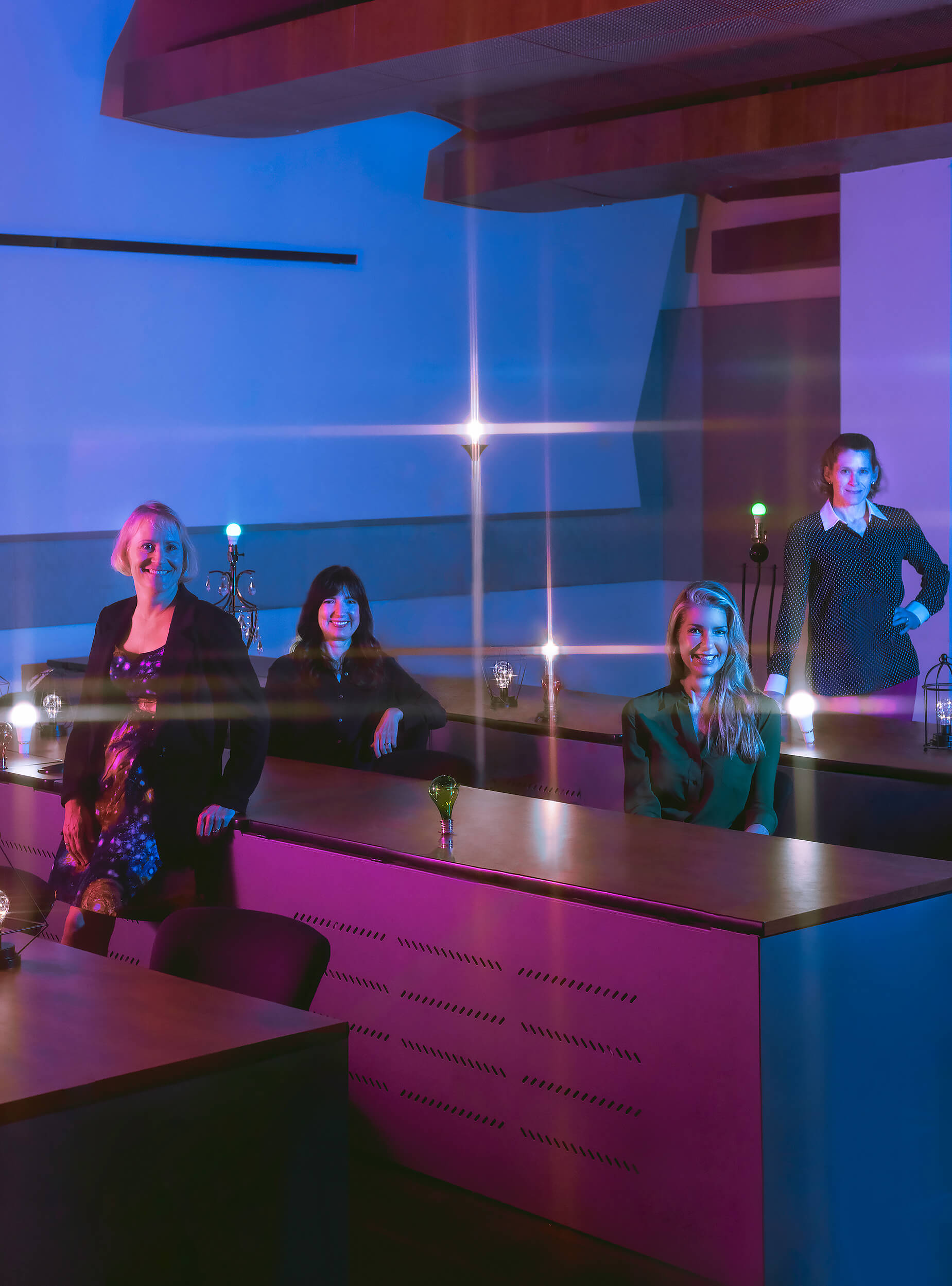
Elisabeth Arnold Weiss
Associate Professor of Practice, Engineering Writing Program
Favorite aspect of teaching at USC Viterbi
The students, of course! They are the reason we are here.
Teaching innovation
I spearheaded the Improv for Engineers co-curricular innovation to inject improv theater and comedy techniques into the engineering writing curriculum. We teach students how to communicate in a dynamic interpersonal environment and to leverage social phenomena to accelerate technical learning.
 Sandra Batista
Sandra Batista
Senior Lecturer, Department of Computer Science
Favorite aspect of teaching at USC Viterbi
My favorite aspect of teaching at Viterbi is all of the wonderful interactions I have with such smart, engaged students. We have so much fun solving problems together.
Teaching innovation
For the introductory discrete mathematics course offered by the computer science department (CSCI 170), I have introduced collaborative clinics in which students solve problems together in teams with a member of a course staff with a ratio of about four to six students per course staff member. Offering clinics requires very careful instructional design, but I am able to challenge students with much more difficult problems since they are working in teams and they are able to develop more depth of knowledge.
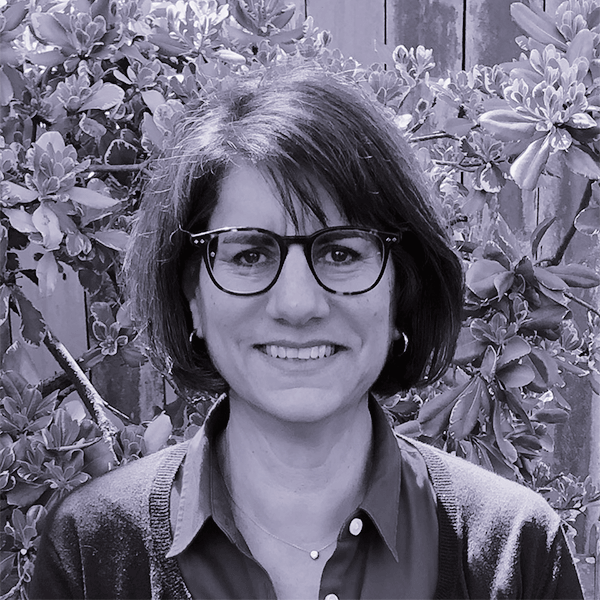 Claire Bono
Claire Bono
Senior Lecturer, Department of Computer Science
Favorite aspect of teaching at USC Viterbi
I like helping students one-on-one in office hours.
Teaching innovation
I use classroom polling to increase student engagement and get immediate feedback on student understanding. In addition, I have a classroom of largely international students who are sometimes more hesitant to speak up in class, so this gives them a way to participate anonymously.
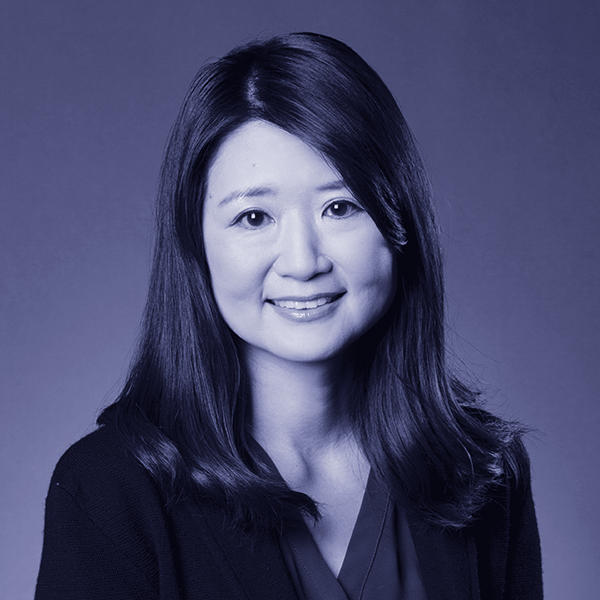 Helen Choi
Helen Choi
Lecturer, Engineering Writing Program
Favorite aspect of teaching at USC Viterbi
In my department, we focus on building dynamic learning communities that are responsive to student needs and our rapidly changing society – who wouldn’t love that?
Teaching innovation
With help from a Viterbi colleague, I integrated a Wikipedia writing assignment into my WRIT 340 sections so that students’ writing have real-world impact. Now students can share their engineering expertise with an audience of millions and contribute to the world’s understanding and appreciation of critical engineering information.
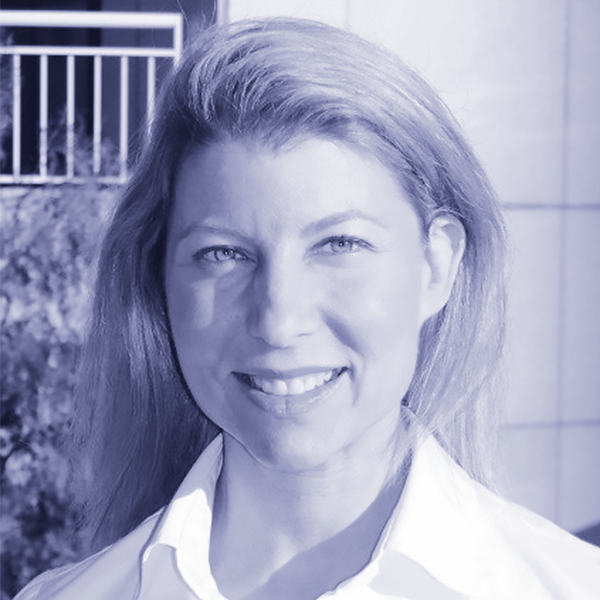 Elizabeth Fife
Elizabeth Fife
Associate Professor of Practice, Engineering Writing Program
Favorite aspect of teaching at USC Viterbi
Excellent engineers need excellent communication skills – working with our globally diverse population of Ph.D. students on their conference presentations, journal papers, proposals and dissertations gives me a first-hand look into how the communication skills they learn in class are directly applied to their work and their lives.
Teaching innovation
It’s essential for Viterbi’s future engineering academics and professionals to connect their specialized focus within their field to wider discourse from the humanities, policy-making, and other spheres of influence. Within these intersections students work on the complex communication challenges they face as Ph.D. students. As a take-off point in developing their academic “voice,” students write and lead discussion on materials from areas outside their own to build their communication facility on the debates inside their field, as well as perspective on the ethical and societal consequences of their work.
 Trina Gregory
Trina Gregory
Senior Lecturer, Information Technology Program
Favorite aspect of teaching at USC Viterbi
My favorite aspect of teaching at Viterbi is our students! I love when I can see on their faces that they understand the material and can put it into practice. Since I’m faculty for the Information Technology Program at Viterbi, my students come from various schools across the university. USC students are intelligent, innovative, and have purpose.
Teaching innovation
I use various technology concepts and tools to teach computer programming and engineering courses. Throughout my programming courses, I get input from the students and live code using the appropriate development environment such as PyCharm or Xcode. I like to call this “improv coding,” and it’s a fun way to engage the students while still covering the required materials. I also like to incorporate tangible objects into class such as food and other physical objects to represent abstract concepts in programming.
 Lessa Kay Grunenfelder
Lessa Kay Grunenfelder
Senior Lecturer, Mork Family Dept. of Chemical Engineering and Materials Science
Favorite aspect of teaching at USC Viterbi
The best thing about teaching at USC is getting to know the students and following their successes after graduation.
Teaching innovation
In my introductory materials science course (MASC 310), I created a series of hands-on and software based investigations to provide students with concrete examples and context for the content covered in the course. Each class period incorporates one of these activities, which students complete in groups.
 Shalini Gupta
Shalini Gupta
Lecturer, Daniel J. Epstein Department of Industrial and Systems Engineering
Favorite aspect of teaching at USC Viterbi
Fostering experimental learning by encouraging diversity and inclusivity.
Teaching innovation
My teaching demonstrates a combination of modeling novelty and technical depth, and therefore fits well in a variety of courses.
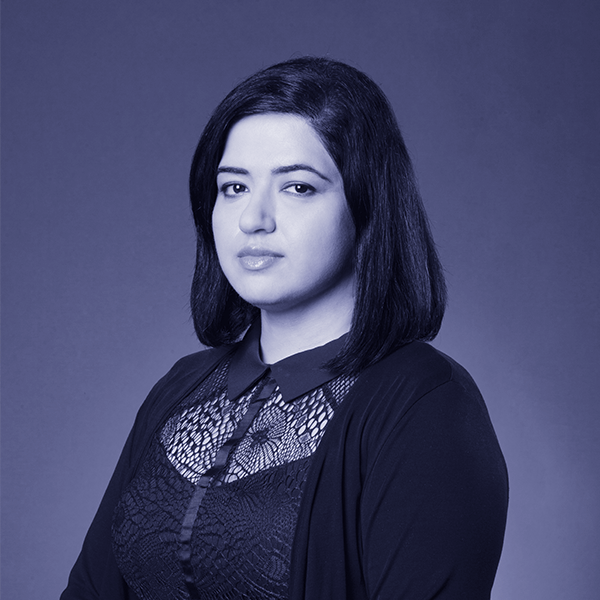 Yalda Khashe
Yalda Khashe
Lecturer, Daniel J. Epstein Department of Industrial and Systems Engineering
Favorite aspect of teaching at USC Viterbi
What I enjoy the most about teaching at the USC Viterbi School of Engineering is interacting with and learning from my students. As a USC graduate, I am proud of being part of such a diverse and dynamic community.
Teaching innovation
As a teacher, my goal is to create an atmosphere that encourages participation and involvement in classrooms. I want a student to leave the class equipped with skills that can be applied to the job market or whatever endeavor they desire. For this reason, I stress pre- and post-assessment as “waypoints” among classroom sessions to gauge the continued learning process, and scenario (case study) based questions to develop student ability to recognize a relevant concept and assess the feasibility of use, including how it can fail. Class lectures are posted beforehand as study aids, to dedicate more class time to application than lecture, which strongly encourages students to participate. This “flipped classroom” approach has been incorporated into various disciplines, where it has improved student learning considerably.
 Nayeon Kim
Nayeon Kim
Lecturer, Information Technology Program
Favorite aspect of teaching at USC Viterbi
I love that so many Viterbi students are intrinsically motivated to learn and challenge themselves — they don’t back down when things are hard and want to learn for learning’s sake.
Teaching innovation
I stopped using so many slides in my lectures and started to give more examples. Students can read slides on their own, but I think applying concepts to real-life is when students learn best and get the most value. In my lectures, we code together and create real-life examples like the Coachella website, a T-shirt customizer tool, a simplified IMDB site, and more.
 Arpi Mardirossian
Arpi Mardirossian
Senior Lecturer, Information Technology Program
Favorite aspect of teaching at USC Viterbi
Fostering a passion for data analytics and machine learning in students with diverse backgrounds and interests.
Teaching innovation
Since we all learn best among friends, tinkering and iterating, I incorporate collaborative methods of teaching into my classroom by hosting datathons where students work in teams to identify a problem, gather data and perform data analysis to gain insights about the problem and its solutions.
 Sarah Mojarad
Sarah Mojarad
Lecturer, Engineering Writing Program
Favorite aspect of teaching at USC Viterbi
My favorite aspect of teaching at Viterbi is the freedom to experiment in the classroom and explore new ways of invoking critical thinking in students.
Teaching innovation
I’ve created an assignment that demonstrates the impact and reach of students’ contributions to Wikipedia. Students choose an article from a list of approved engineering concepts and spend weeks improving the page and interacting with other editors. Thus far, the contributions of USC Viterbi students have been viewed 8.3 million times.
 Amy Newlove Schroeder
Amy Newlove Schroeder
Lecturer, Engineering Writing Program
Favorite aspect of teaching at USC Viterbi
My favorite aspect of teaching at Viterbi is engaging with students about controversial ethical issues in science and technology, facilitating class discussion and exchanging ideas, challenging accepted wisdom, and participating in energetic discourse. I also enjoy mentoring individual students as they work to improve their writing, and as they learn how their expanded communication skills will positively affect their future professional lives.
Teaching innovation
My primary innovation while working at Viterbi has been the development of a general education seminar focused on science, literature, and ethics. This freshman-level course grew out of my experience teaching ethics in my Communication for Engineers classes; it is one of only two humanities-based general education courses housed in Viterbi. I will be giving a paper at the ASEE conference in June on the course, discussing how a creative, interdisciplinary approach to teaching ethics in engineering offers potential for new innovations in ethics pedagogy and increased potential for successful learning acquisition in this complex field!
 Harly Ramsey
Harly Ramsey
Senior Lecturer, Engineering Writing Program
Favorite aspect of teaching at USC Viterbi
The students are sharp and engaged.
Teaching innovation
In teams, students create podcasts about engineering topics. We have a series of workshops in class and students learn the expectations for various genres. The “chat show” format is the most popular genre, and students do a great job of incorporating researched scholarly material in the context of a “heightened conversation.”
 Amy Rechenmacher
Amy Rechenmacher
Associate Professor of Practice, Sonny Astani Department of Civil and Environmental Engineering
Favorite aspect of teaching at USC Viterbi
My favorite aspect of teaching at USC in Viterbi is the students: they are all very bright and very driven. I am truly very humbled to be in their presence.
Teaching innovation
I have incorporated several different “active learning” methods into my classrooms. The results have been transformative for everyone: class time is much more active and lively; average grades are up; and students are much more engaged, which in turn makes me more excited to be with them.
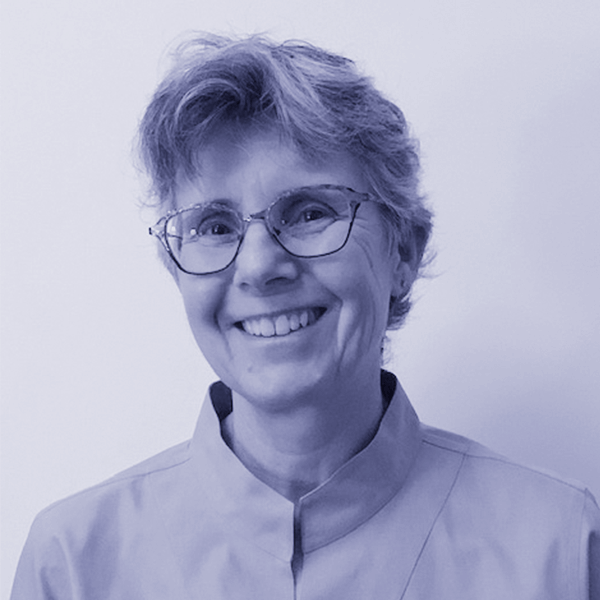 Martha Townsend
Martha Townsend
Senior Lecturer, Engineering Writing Program
Favorite aspect of teaching at USC Viterbi
My favorite aspect of teaching in Viterbi is the students, of course — smart, flexible, forward-thinking, and kind.
Teaching innovation
My proudest teaching innovation is not just for my classroom but for all of our Engineering Writing Program classrooms and indeed all of Viterbi: Viterbi Conversations in Ethics, our online student-written, student-edited, student-run magazine dedicated to thoughtful discussion of ethics in engineering. It can be seen at vce.usc.edu.
 Kendra Walther
Kendra Walther
Senior Lecturer, Information Technology Program
Favorite aspect of teaching at USC Viterbi
I love introducing students to the joy of programming in my introductory classes and the wonderful colleagues in ITP that share my passion for teaching and learning.
Teaching innovation
I constantly try new things into my classroom including using Google Forms to capture opinions, codes, and questions during lecture and active learning activities using POGIL. I also think it’s important to discuss effective learning strategies, designing technology for people of all abilities, and mental healthiness within the class setting.
 Elisa Warford
Elisa Warford
Associate Professor of Practice, Engineering Writing Program
Favorite aspect of teaching at Viterbi:
My favorite aspect of teaching for Viterbi is the smart, hard-working students I get to work with.
Teaching innovation
I developed and teach a course called Ethics of Science and Technology. It’s given students the opportunity to think critically about the role of technology in society and to understand the ethical implications of the technologies they’ll be working on.




